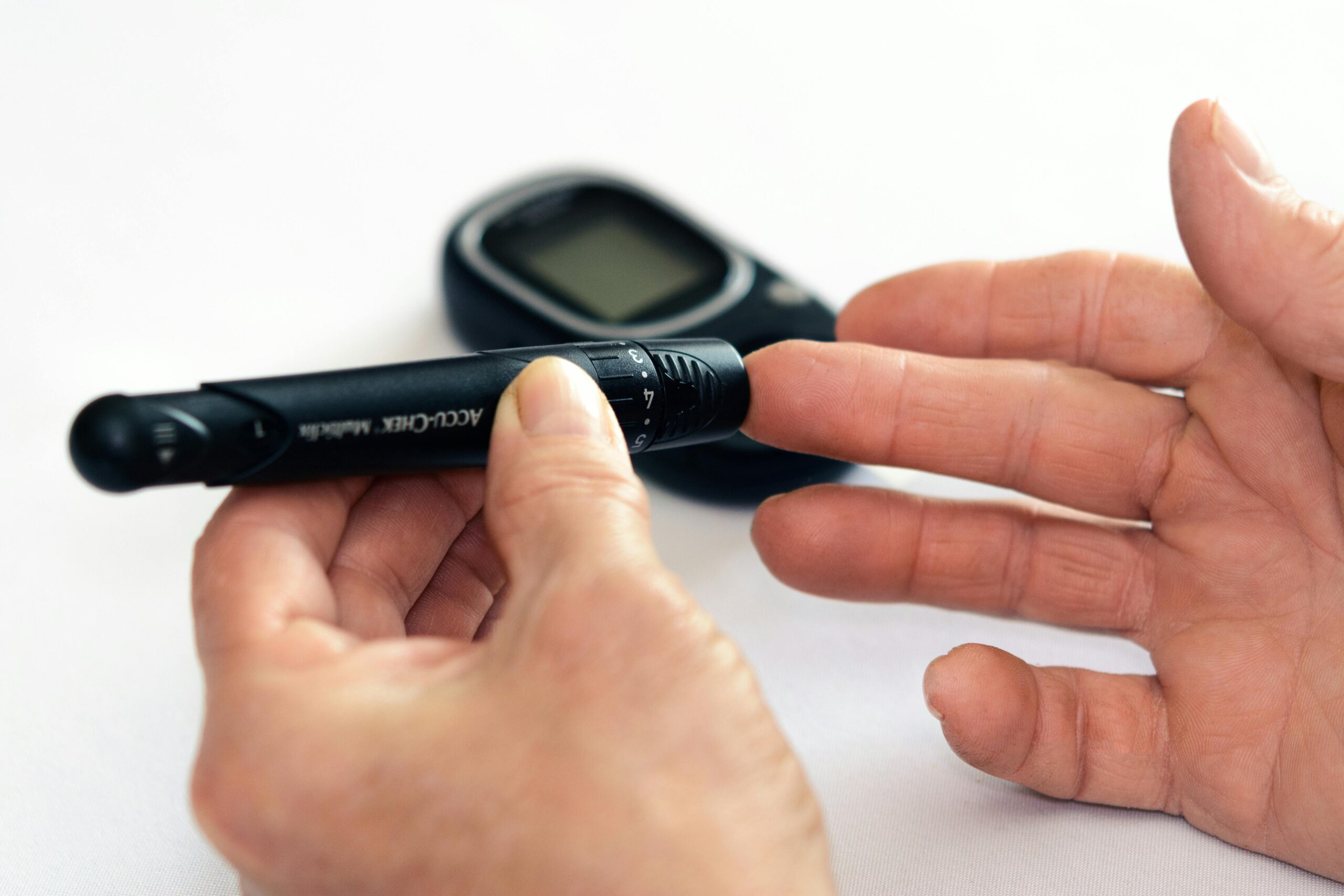For gym owners and operators of other facilities with shared equipment, the lessons from Young v. Olympus Am., Inc., No. 07-2547-STA (W.D. Tenn. Jan. 26, 2012) provide a critical warning. In the case of Young, the court ruled that the consumer expectation test was not applicable because ordinary consumers lacked knowledge about the essential cleaning protocols required for medical equipment to prevent infections. This highlights a significant issue for gyms and similar facilities: patrons often do not possess an understanding of the meticulous cleaning and disinfection standards necessary to ensure safety and prevent the spread of germs and infections between users.
Courts such as in Tennessee apply a standard called the consumer expectation test involving familiar products. See Jackson v. Gen. Motors Corp., 60 S.W.3d 800, 806 (Tenn. 2001). The test is focused on products where the basic function and design are well understood by the general public. However, the test has been deemed inappropriate for more complex or specialized tools and equipment, such as novel automotive repair tools (Coffey v. Dowley Mfg., Inc., 89 Fed.Appx. 927, 929-30), car radiators (Simpson v. O’Reilly Auto. Stores, Inc., 2014 WL 11514969, at *6), medical bronchoscopes (Young, 2012 WL 252645, at *5-6), metal restraint rods on complex amusement park rides (Alexander v. Zamperla, 2010 WL 3385141, at *2, 7), industrial forklifts (Brown v. Raymond Corp., 432 F.3d 640, 642, 644-45), and boom truck cranes (Johnson v. Manitowoc Boom Trucks, Inc., 406 F.Supp.2d 852, 857-58). These cases illustrate that for products requiring specialized knowledge, the prudent manufacturer test is more appropriate.
In gym settings, where equipment is frequently shared and comes into direct contact with multiple users, your average consumer might reasonably expect cleanliness as the risk of transmitting infections is particularly high. Without clear and effective cleaning protocols in place, gyms could face substantial liability risks if patrons become ill due to inadequately sanitized equipment. The expectation that users inherently understand the need for rigorous hygiene practices is often misplaced, making the establishment of stringent cleaning protocols not just advisable, but essential.
To protect your business from these potential liabilities, consider partnering with Twisdale Law. Our firm is strategically positioned with offices in North Carolina, South Carolina, and Tennessee offering comprehensive legal guidance tailored to the needs of businesses operating in environments with shared-use equipment. Our experienced legal team can assist you in developing and implementing robust cleaning protocols that meet industry standards and regulatory requirements. We also provide training and education to ensure that your staff and patrons understand and adhere to these practices.
By collaborating with Twisdale Law, you can proactively identify and mitigate risks, thereby safeguarding your business against costly legal challenges and enhancing your facility’s reputation for safety and reliability. Our expertise in navigating complex legal landscapes ensures that you are well-equipped to address potential liabilities and maintain compliance with health and safety standards. Let us help you build a resilient operation that prioritizes the well-being of your customers and the sustainability of your business.








